Monica Shekhar
Interpretable Subgroup Discovery in Treatment Effect Estimation with Application to Opioid Prescribing Guidelines
May 08, 2019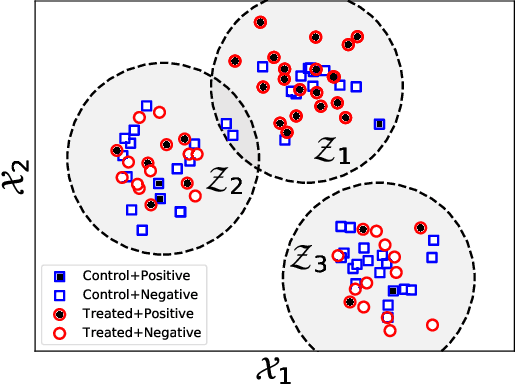
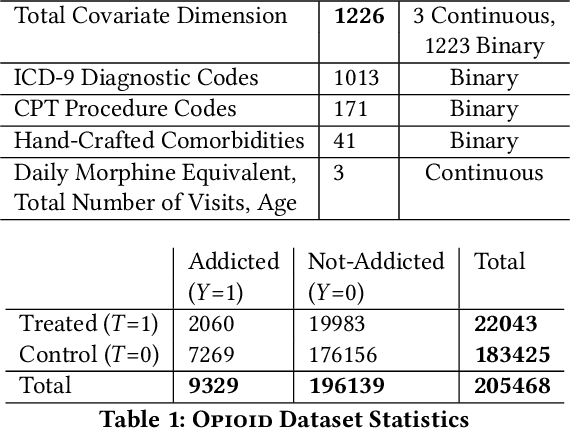
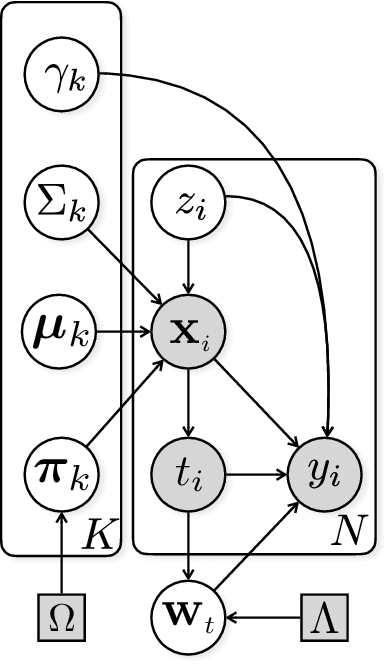
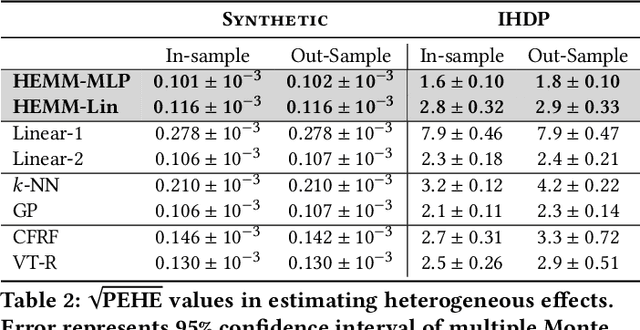
Abstract:The dearth of prescribing guidelines for physicians is one key driver of the current opioid epidemic in the United States. In this work, we analyze medical and pharmaceutical claims data to draw insights on characteristics of patients who are more prone to adverse outcomes after an initial synthetic opioid prescription. Toward this end, we propose a generative model that allows discovery from observational data of subgroups that demonstrate an enhanced or diminished causal effect due to treatment. Our approach models these sub-populations as a mixture distribution, using sparsity to enhance interpretability, while jointly learning nonlinear predictors of the potential outcomes to better adjust for confounding. The approach leads to human-interpretable insights on discovered subgroups, improving the practical utility for decision support
Semantic Web Search based on Ontology Modeling using Protege Reasoner
May 24, 2013

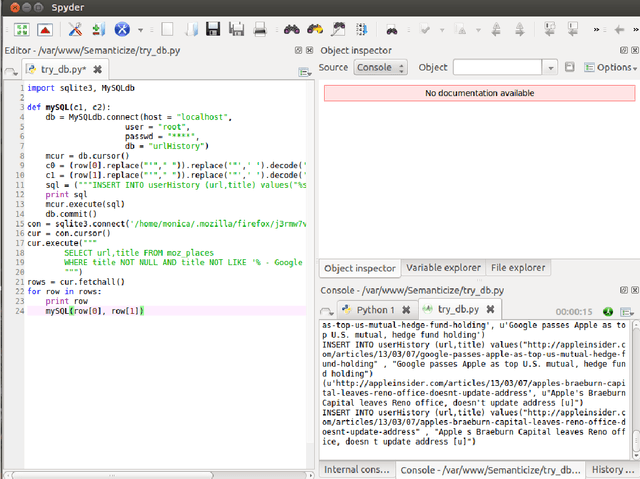

Abstract:The Semantic Web works on the existing Web which presents the meaning of information as well-defined vocabularies understood by the people. Semantic Search, at the same time, works on improving the accuracy if a search by understanding the intent of the search and providing contextually relevant results. This paper describes a semantic approach toward web search through a PHP application. The goal was to parse through a user's browsing history and return semantically relevant web pages for the search query provided.
 Add to Chrome
Add to Chrome Add to Firefox
Add to Firefox Add to Edge
Add to Edge